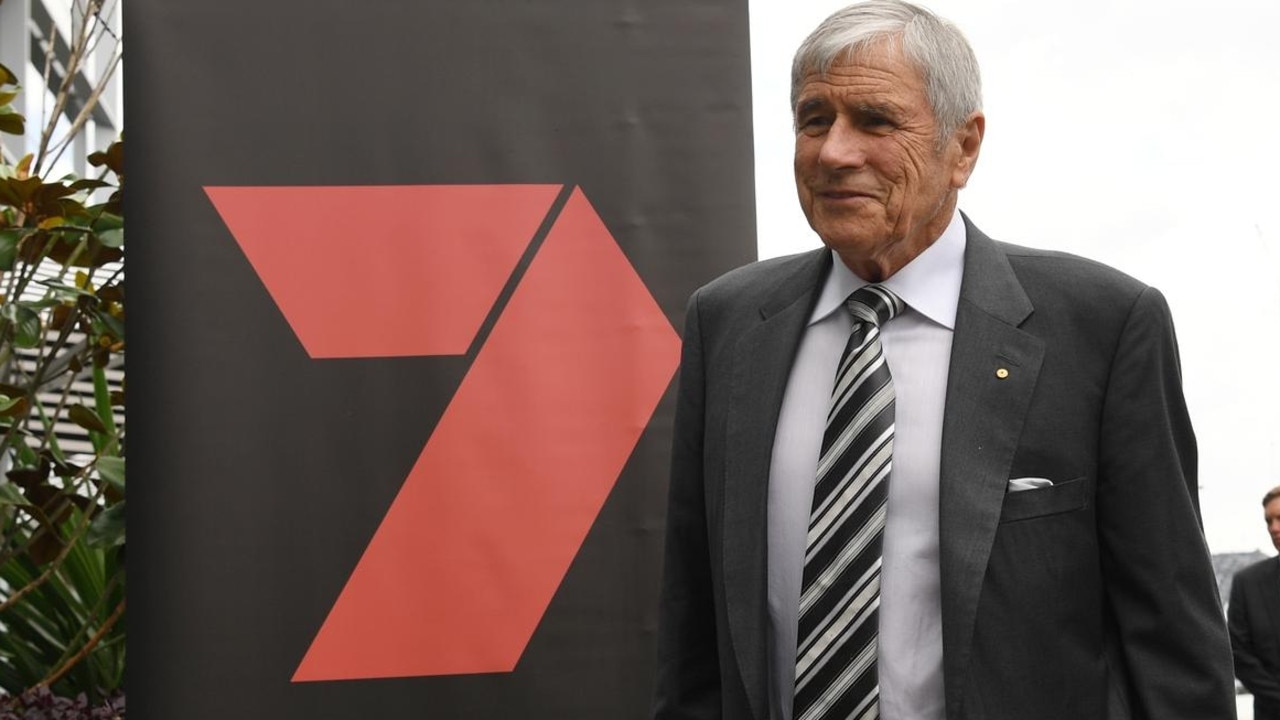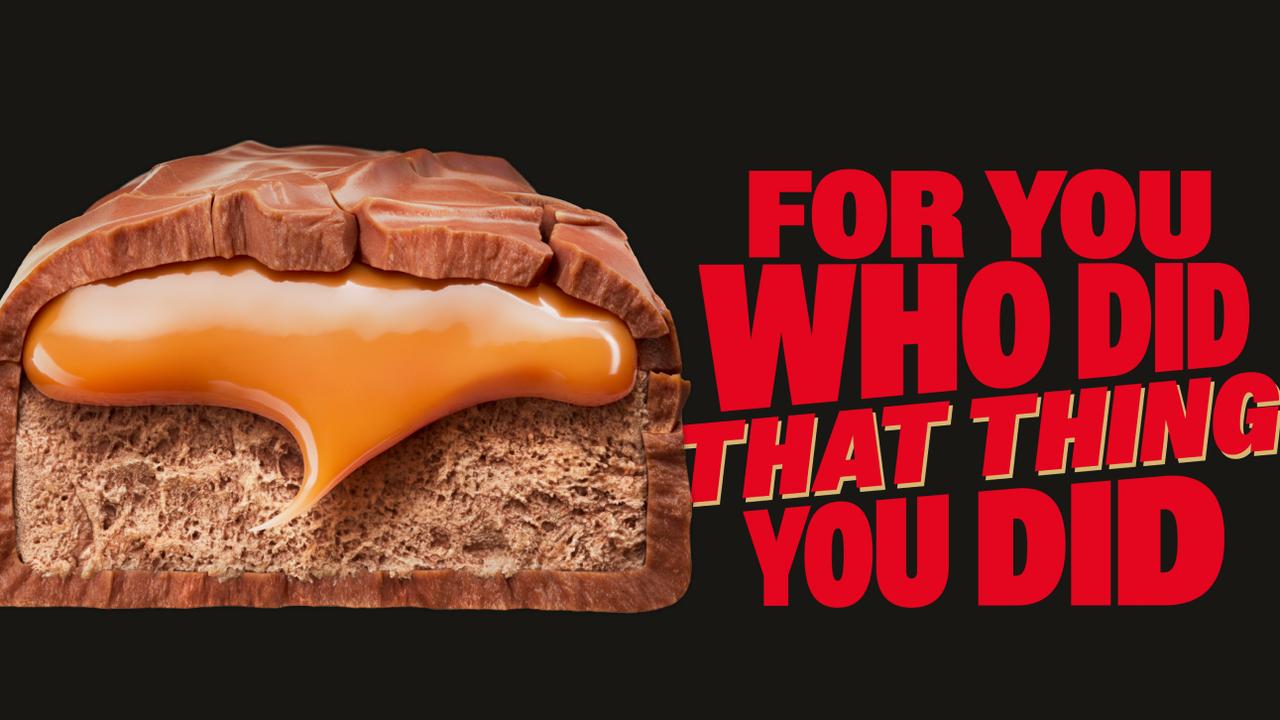The Block returns to make home renovations hot property
FREE-to-air TV gets back into the property boom with one of the genre's most successful formulas.

PROPERTY TV, which had all but died out on free-to-air channels, returned with a vengeance last week when juggernaut The Block returned to Nine for a fourth series.
The first two seasons, shot in Bondi and Manly in 2004 and 2005, were very successful in the ratings, with the first averaging 2.4 million viewers an episode, and more than three million watching the season finale. Last year's third effort, hosted by garrulous former builder Scott Cam, was less triumphant.
The show, as much observational documentary as quasi-educational property series, lost to Ten's Glee and Seven's Border Security on most nights, but it was steady, and concluded with slightly more than 1.5 million viewers.
Australia hasn't been talking property the way it once did, and other property show formats have been seen as too risky for most of the decade on commercial TV, so it will be fascinating to see if the hyper-energetic The Block can hang in and maintain the furious pace.
"While you could find food and talent shows all over free to air, if you wanted property programs the only place to find them is on pay TV," says Frances Bonner, who teaches film and TV at Queensland University. "I think it is simple to see their appeal when property is being seen as the safest investment in the economic climate at the moment."
She suggests those able to invest or negatively gear are more likely to be able to afford pay TV than those out of the property market through rental, social housing or other circumstances.
"Furthermore, the current situation is not one to encourage those in the latter circumstances to dream of buying a rental property," Bonner adds. "So the aspirational driver of free-to-air property shows probably isn't powerful at the moment. It's undoubtedly easier to dream of being discovered as a stand-up comic or a decent cook."
Bonner is right. Even if you move away from selling-the-home shows, there isn't much domestically focused programming of any kind. Better Homes and Gardens and Gardening Australia are close to all there is on free-to-air networks. This is quite a significant change from about five years ago when houses were being auctioned or readied for it across a couple of channels.
In that time Better Homes and Gardens has remained our favourite makeover show, popular with a regular million viewers. Held together by irrepressible host Johanna Griggs, it's as hectic as ever. It's hard to believe it's been on our screens for almost 18 years. Remember when actors Noni Hazlehurst and John Jarratt fronted it, still married and full of good cheer, happily adding extensions to their house in the Blue Mountains?
These days Better Homes and Gardens is slicker and far more crowded with ideas and perky presenters. The show's gentle and benign blend of aesthetic and practical advice is designed to appeal to the widest audience.
As with Burke's Backyard, a show that almost invented lifestyle programming in this country, it's as if Griggs and her team want to reinvigorate community life, offering fantasies of home and family that in their hands appear so attainable.
The Block, though, is harder and comes straight out of the tough-love school of reality TV, set within a melodramatic framework of deadlines, time constraints, competitions within competitions, eliminations and auctions. Upping the melodrama is a soundtrack that seems lifted from an action movie and a camera and editing aesthetic - fast zooms, rapidly juxtaposed short scenes, and quickly moving tracking shots - that Ridley Scott might admire.
The new series began with eight determined couples - all pretty and young, some of the men tradies and some of the women hairdressers - competing in a tense 24-hour, do-or-die elimination challenge. This was stripped nightly through last week to see who would make it through to the major thrill: the full property renovation.
With little more than what they're wearing, the final four couples - Josh and Jenna, Polly and Waz, Rod and Tania and Katrina and Amie - are to be taken out of their comfort zones and dropped into a frenzied eight-week contest. They have to renovate equally dilapidated houses - and we're talking seriously crapped-out - in the inner-Melbourne suburb of Richmond.
On a budget of $100,000, they will feverishly compete to show their skill in design, planning, budgeting, execution and eventually selling. (The women will utter the words "Oh my God" thousands of times.) And, of course, they'll be pretending to behave naturally in front of the cameras, with TV crews and segment producers
observing them every minute of every day. This is a busy, busy show and the confected melodrama is intense, often overpowering any sense of realism.
Bonner suggests that built into many property shows is "a structure which allows the exploration of hubris, where failure is a valuable part of the show". The Block is a series where no one wants to admit they made a mistake or botched a decision. The intensity, and sometimes the aggression, is a little overpowering at times.
It seems to be very different on pay TV, where cleverly produced property shows engagingly crowd so many channels, though most are imported, especially British. The best are extremely clever TV.
Kirstie Allsopp and Phil Spencer's franchise Location, Location, Location and now Relocation, Relocation, Kevin McCloud's Grand Designs and Sarah Beeny's Property Ladder in particular, embody a shared viewer fantasy. They maintain the possibility of personal redemption through self-improvement, especially in hard times.
"From a 16th-century castle or a 32-bedroom Georgian stately home to vertical inner-city living or a tropical tree house, our viewers can't get enough of property shows," says Nicole Sheffield, general manager of the LifeStyle Channels. "Whether they are relevant to their lives or not, they just love them and it continues to be our most popular genre."
She adds that LifeStyle recently premiered Beeny's latest show, Beeny's Restoration Nightmare, the new Channel 4's series in which Beeny restores her 97-room stately home in East Yorkshire. It has been the number one non-sport program on the platform for weeks. "And the fourth series of Andrew Winter's Selling Houses Australia just finished screening and it reached over two million Australian viewers," Sheffield says.
But the most durably popular presenters are former professional properties finders Allsopp and Spencer, who return this week with another series of Relocation, Relocation (their seventh), helping house-hunters chase their dreams.
Kirstie and Phil (known to fans by their first names only) are now phenomenally popular TV stars in Britain. Their shows regularly attract audiences numbers well above four million and have peaked at just under five and a half.
The parent series Location, Location, Location has been running since May in 2001 in Britain and seemingly just as long here. The 13th series is still clipping around pay TV on the LifeStyle Channel. Both are smartly produced shows, and also a kind of informative travel program as well, colourfully navigating cities all over Britain.
In Relocation, Relocation, people look to buy a house, usually outside large urban areas, and also invest in a house or shop in the city, with the help of Kirstie and Phil. They locate properties, balance budgets and juggle often comically impossible priorities for their clients. The British property market is still in a mess, so it's harder than ever for amateurs to navigate their way through the complicated property system.
Kirstie and Phil know the property game well. They are guides through the murky world of agencies and viewings, and then help people work out what they really want. This is not always easy, which is, of course, part of the fun. As Bonner suggests, there is a great deal of pleasure in watching people misjudging their ability to cope with unfamiliar situations. But we also love the snooping and the voyeurism and the inevitable comparisons, made from our couches, with the way we live in our own properties.
Kirstie calls herself the "ditzy girl with the cleavage and the dark hair", but she's highly intelligent, street smart, doesn't suffer fools, and was recently co-opted by the British government to give advice on house-buying.
Phil is a Kentish gentleman farmer's son, handsome, charming and long suffering. Increasingly he plays straight man to Kirstie's comic relief, and cops her flirtatious banter with a resilient smile. The two understand that fallibility is one of the best elements of this type of show - we love things going wrong - and they exploit this with glee.
Unpredictable and spontaneous, the hosts delight in demolishing the conventions of their profession as trick after trick is revealed. As they drive their investigations into the availability and emotional and financial suitability of various houses, they never lose sight of the imperative of sending themselves up.
This week's first episode of the new season of Relocation, Relocation is one of the best so far, as Phil and Kirstie take on a search for a family whose lives centre around their dogs. The plot is complicated for a property show, with the hosts having five people and six dogs for whom they have to find three properties. The show is as funny as any sitcom as they try to net a hat-trick of homes to please a whole clan.
DOGS are also at the centre of Wilfred, Eleven's new US comedy, a remake of the original Australian format. Or at least one dog, the pooch of the title, is central. This is a half-hour series, nicely filmed and rather cutely directed, about a young man struggling unsuccessfully to make his way in the world until he forms a unique friendship with Wilfred, his neighbour's pet.
Everyone else sees Wilfred as just a dog, but Ryan sees a crude and somewhat surly, yet irrepressibly brave and honest Australian bloke in an unconvincing dog suit with a drawn-on black nose. Wilfred is cranky, sometimes vindictive and extremely garrulous, and has complicated relationships with humans.
I never really cottoned on to the original local version, which was based on an original short film that won Tropfest in 2002. It just seemed like one gag that seemed to repeat itself endlessly. It was one of those shows where you just wanted to yell: "Enough; that's enough."
Elijah Wood (Lord of the Rings) stars as Ryan in the US version and Jason Gann, who co-created and starred in the Australian series, plays the title character, in what seems to be the same bad dog suit. They do pretty well but, as before, the conceit seems too stretched, even though the comedy is played at a fast belt.
I'm afraid it's enough to put you off people who talk to dogs forever, especially those women who are always asking them intimate questions, and refer to themselves as their dog's "mummy".
The Block, Weeknights, 7pm, Nine
Relocation, Relocation, Wednesday, 8.30pm, LifeStyle
Wilfred, Tuesday, 9.30pm, Eleven


